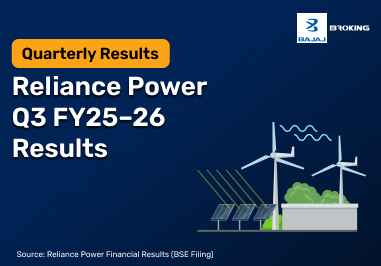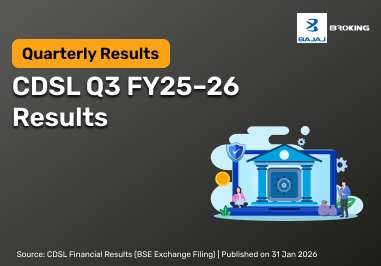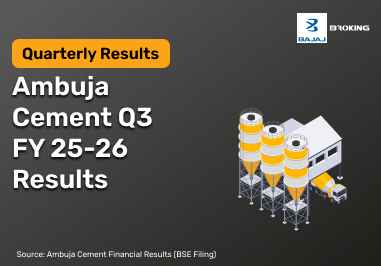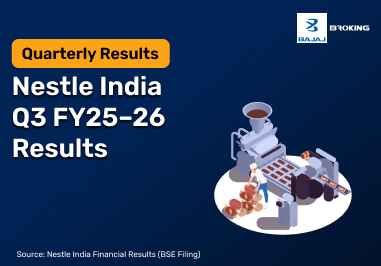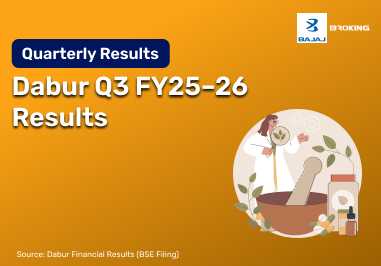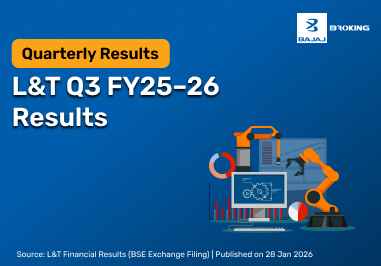Filing your income tax return on time is not just a good habit—it is a financial necessity. If you miss the due date, you may face a penalty under Section 234F of IT Act. This penalty affects salaried individuals, freelancers, and businesses alike. It is important for you to know how much you may need to pay and how to avoid it. When you delay income tax return filing, not only do you lose out on tax rebate benefits, but you also risk late fees, interest, and even compliance issues. Section 234F ensures timely filing through financial consequences.
What is Section 234F of Income Tax Act?
Section 234F of IT Act mandates a penalty for filing your income tax return after the due date. If you miss the ITR deadline, you must pay a late fee of up to Rs. 5,000. This section applies to anyone required to file an income tax return, including those with taxable income or who are mandatorily required to file for documentation or refund claims. The penalty varies based on your income and date of submission. Understanding Section 234F helps you avoid late filing and stay on track with your financial obligations, including claiming your tax rebate without delay.
How to Pay Section 234f Penalty Online?
Paying the penalty under Section 234F is done online using the official income tax portal. Follow these steps to complete the process.
Visit the income tax e-filing portal
Go to www.incometax.gov.in and log in with your PAN and password. Ensure your profile is updated before you proceed.
Select ‘e-Pay Tax’ option
From the dashboard, choose ‘e-Pay Tax’ under the ‘Quick Links’ section. This feature lets you pay various dues, including penalties and taxes.
Choose relevant assessment year
Select the correct assessment year (e.g., AY 2025–26 for FY 2024–25). Ensure that you select the right period to avoid misreporting.
Select tax payment type
Choose “Self-Assessment Tax (300)” under the “Income Tax (Other than Companies)” category. This includes penalties like Section 234F.
Pay using preferred method
Choose your payment method—Net banking, debit card, or UPI—and complete the payment. Download the challan for records.
Update of Budget 2025
The Union Budget 2025 introduced a few notable updates regarding compliance timelines and penalties. The following table summarises the key changes:
Budget Update Area
| Change Introduced
| Impact on Taxpayers
|
Section 234F Penalty
| No change in structure
| Late fee remains up to Rs. 5,000
|
ITR Filing Deadline
| Confirmed as 31st July 2025
| Early filers can avoid penalty
|
Updated Return Timeframe
| 24-month window retained
| Late rectification is still possible
|
e-Verification Deadline
| To be completed within 30 days
| Missing it can invalidate return
|
Due date for filing ITR for FY 2025–26
Staying aware of the ITR deadlines helps you avoid penalties. The following table shows the relevant due dates for FY 2025–26:
Taxpayer Category
| ITR Due Date
| Remarks
|
Individuals and salaried taxpayers
| 31st July 2026
| Not subject to audit
|
Businesses requiring audit
| 31st October 2026
| Includes firms and LLPs under audit
|
Transfer pricing cases
| 30th November 2026
| For companies with international dealings
|
Belated and revised returns
| 31st December 2026
| Last date with penalty under Section 234F
|
Late submission fees under Section 234F
The penalty for late filing of income tax return under Section 234F depends on your total income and the date of filing. If you file your return after the due date but before 31st December, you will be liable to pay a late fee of Rs. 5,000. However, if your total income is below Rs. 5 lakh, the penalty is limited to Rs. 1,000. This fee is over and above any tax and interest dues. The penalty ensures that income tax return filing is completed within the notified time. Late submission not only results in extra cost but can also delay refunds.
Summary of Section 234F
Parameter
| Details
|
Applicable Section
| Section 234F of IT Act
|
Trigger Event
| ITR filed after due date
|
Penalty Amount
| Rs. 1,000 (income < Rs. 5 lakh); else Rs. 5,000
|
Last date to file with penalty
| 31st December of assessment year
|
Applies to
| All individuals and businesses
|
Advantages of timely ITR filing
Timely filing of your income tax return helps avoid unnecessary penalties and builds your financial reputation. Here are some key benefits:
Avoid penalty under Section 234F
You save up to Rs. 5,000 by filing before the due date, ensuring your tax filing is cost-effective.
Faster refund processing
Returns filed on time are processed earlier, so your eligible refund reaches you faster without delays.
Proof of income for loans or visas
Banks and consulates require proof of ITR filings. On-time filing builds your financial credibility.
Eligibility for loss carry-forward
Timely filing ensures you can carry forward losses under capital gains or business income.
Consequences of missing the filing deadline
Missing the income tax return filing deadline can have long-term effects beyond financial penalties. Here are the consequences:
Monetary penalty under Section 234F
Late submission leads to a penalty of Rs. 5,000, which increases your overall tax cost.
Interest on unpaid taxes
Additional interest is levied on any unpaid tax amount under Section 234A, increasing liability.
Loss of tax benefits
You may not be able to carry forward business or capital losses to future years.
Reduced creditworthiness
Late or missed filings impact your chances of getting loans or financial clearances in the future.
Filing ITR for past financial years not yet submitted
If you missed filing returns for earlier years, you can still report them using the updated return option. Here is how:
File updated return under Section 139(8A)
You can file for the last two financial years even if no return was filed earlier.
Pay applicable tax and penalty
You will need to pay additional tax, interest, and late fee before submitting the return.
Losses cannot be carried forward
You cannot claim carry-forward of business or capital losses if the return is late.
Helps regularise financial history
Filing for past years improves your compliance record and credit score for future applications.
Submit revised return under Section 139(8A)
If you discover missed income or errors after the filing window closes, you can use Section 139(8A) to update it.
Available for two previous years
You can update your return within 24 months from the end of the relevant assessment year.
Used for omitted income
Ideal for reporting missed bank interest, foreign income, or investment earnings.
Additional tax liability
Expect to pay extra tax and interest based on the updated income reported.
Avoid legal consequences
Filing updated returns helps you avoid scrutiny or future penalties from the tax department.
Offline (paper) filing of return for previous financial year after deadline
If you missed filing your return online and fall under categories allowed to submit offline returns, you may file a physical return. However, this is allowed only in exceptional cases such as senior citizens without digital access or for financial years where the portal is closed. You must visit the local income tax office and complete the necessary forms. Even then, permission is required, and penalties under Section 234F will still apply. You must carry ID proof, PAN, income documents, and prior communication with the department. Offline filing does not waive the late fee or interest and must be completed carefully.
Conclusion
Paying attention to the income tax return filing timeline helps you stay compliant and avoid unnecessary penalties under Section 234F of IT Act. Filing on time allows you to claim eligible tax rebate benefits, carry forward losses, and receive your refunds quickly. Whether you are salaried, a freelancer, or run a small business, meeting the ITR deadlines ensures smooth financial operations and keeps your tax profile clean. Staying informed, organised, and timely is the best approach to managing your income tax responsibilities.




